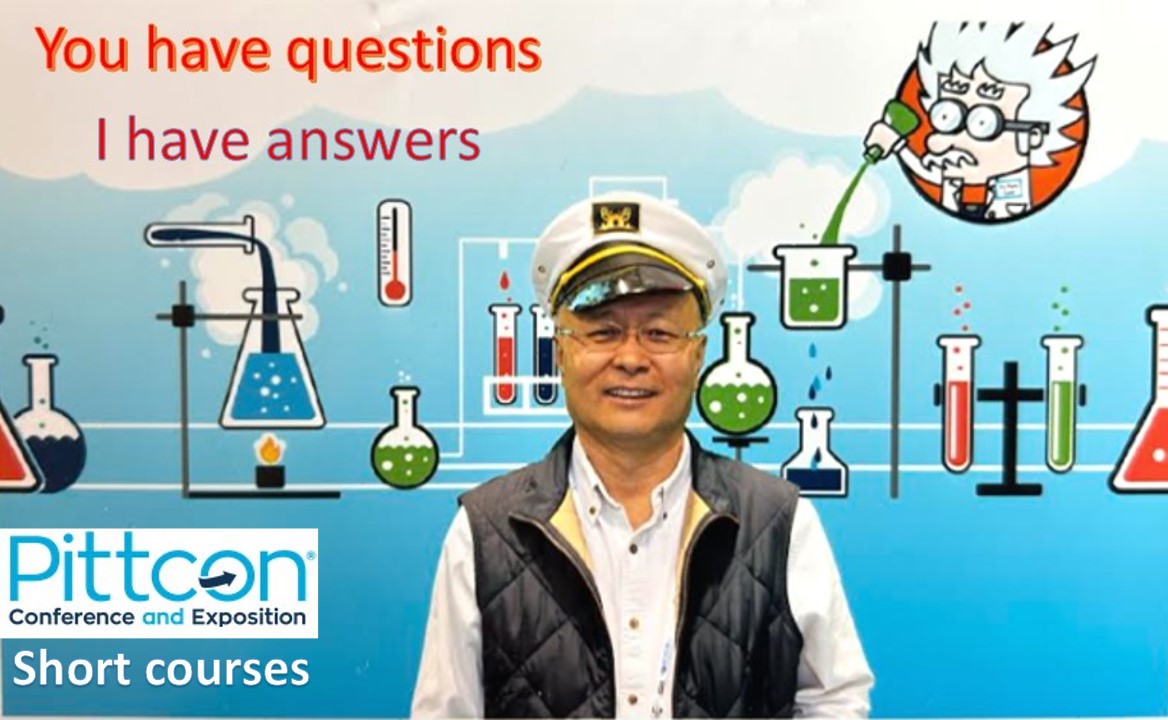Practical LC-MS/MS Method Development
Instructor: Perry Wang, LC-MS Technical Expert
Thursday, April 20, 2023 ◉ 1:00 pm to 3:00 pm EST
Cost: $250
Track: Pharmaceutical
Course Level: Intermediate
Course Description: This LC-MS/MS short course is designed to offer practical training for the practicing scientists in the analytical field. This course will provide the participants with an updated overview and a solid working knowledge of LC-MS. After this course, the participants will be able to independently develop their own LC-MS methods to use in their laboratories. It will take the participants step-by-step through the concepts and techniques to develop LC-MS methods. The emphasis is on practical issues associated with LC-MS method development. It also focuses on problem-solving skills with examples encountered in the analytical fields. The participants will learn useful theoretical concepts, practical fundamentals and operating principles. New technologies and techniques, such as hydrophilic interaction liquid chromatography (HILIC), monolithic chromatography, and core-shell particles for HPLC will be presented.
Target Audience: This course is intended for analytical chemists, supervisors, lab managers, and researchers using LC-MS/MS. It will benefit the scientists ranging from college graduates to professionals in the analytical field.
Categories: HPLC, Liquid Chromatography/Mass Spectrometry, Mass Spectrometry
About the Instructor
Dr. Perry G. Wang has been a chemist at US FDA since 2008. Prior to joining the FDA, he worked in the pharmaceutical and medical-device industry for more than 10 years. He received his Ph.D. from Oregon State University. He specializes in LC-MS method development and validation for drugs, cosmetics, foods, and dietary supplements. He has been invited to teach this course at Pittcon since 2007. He has also taught this course for the American Chemical Society (ACS), Eastern Analytical Symposium (EAS), American Society for Mass Spectrometry, and HPLC. He teaches these courses in his own capacity as a scientist, but not as an employee of the FDA.


Comments are closed.